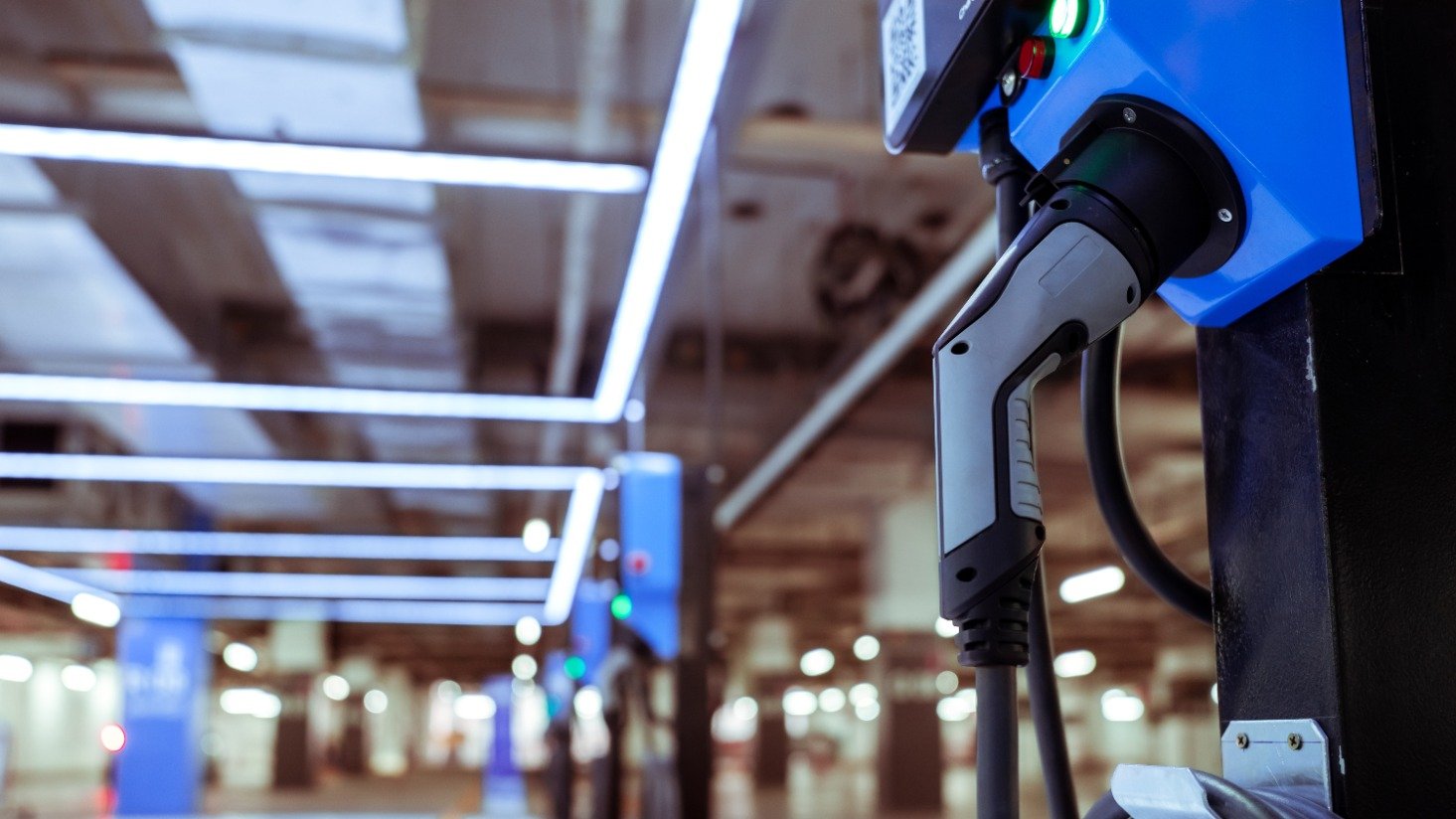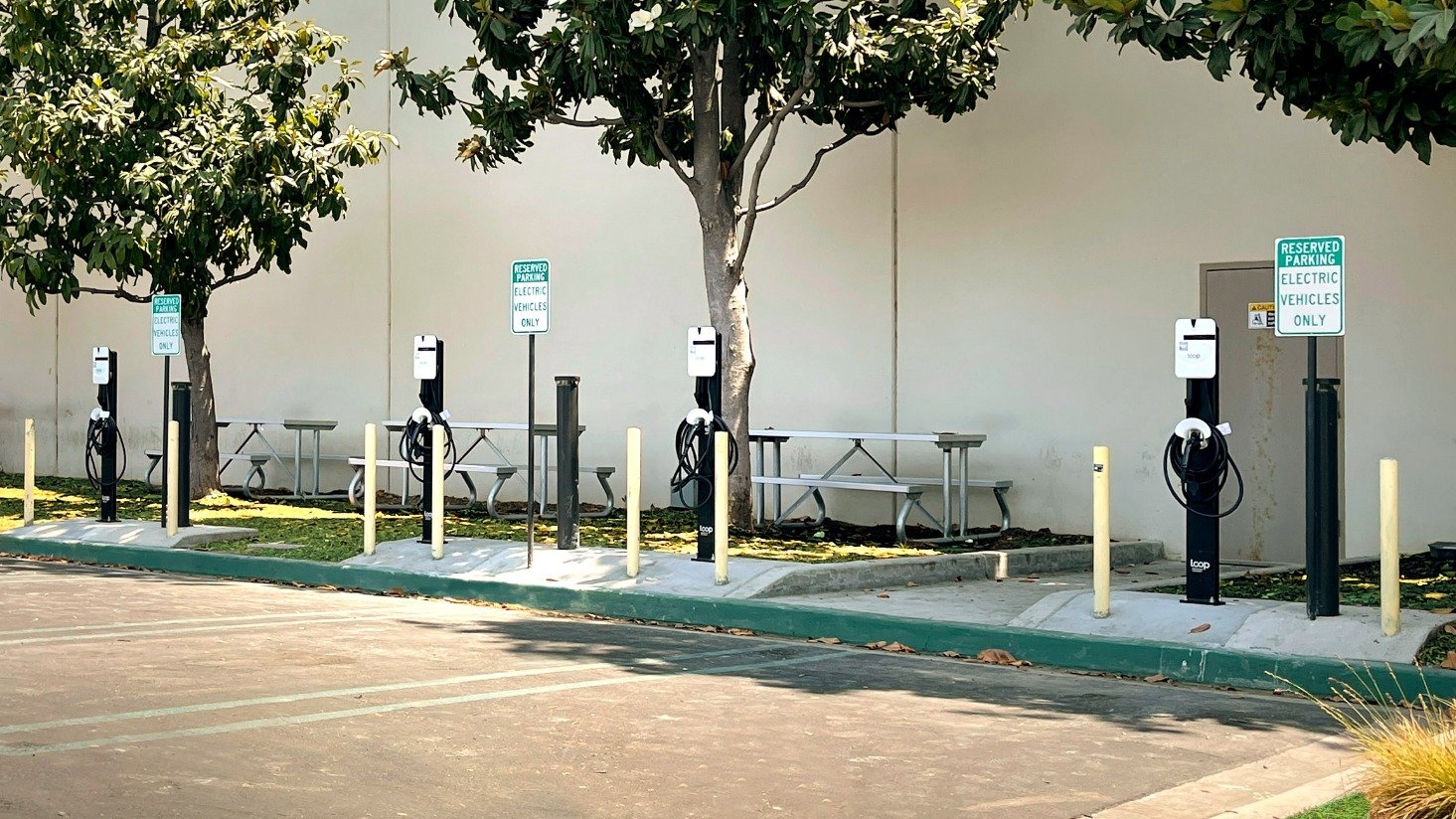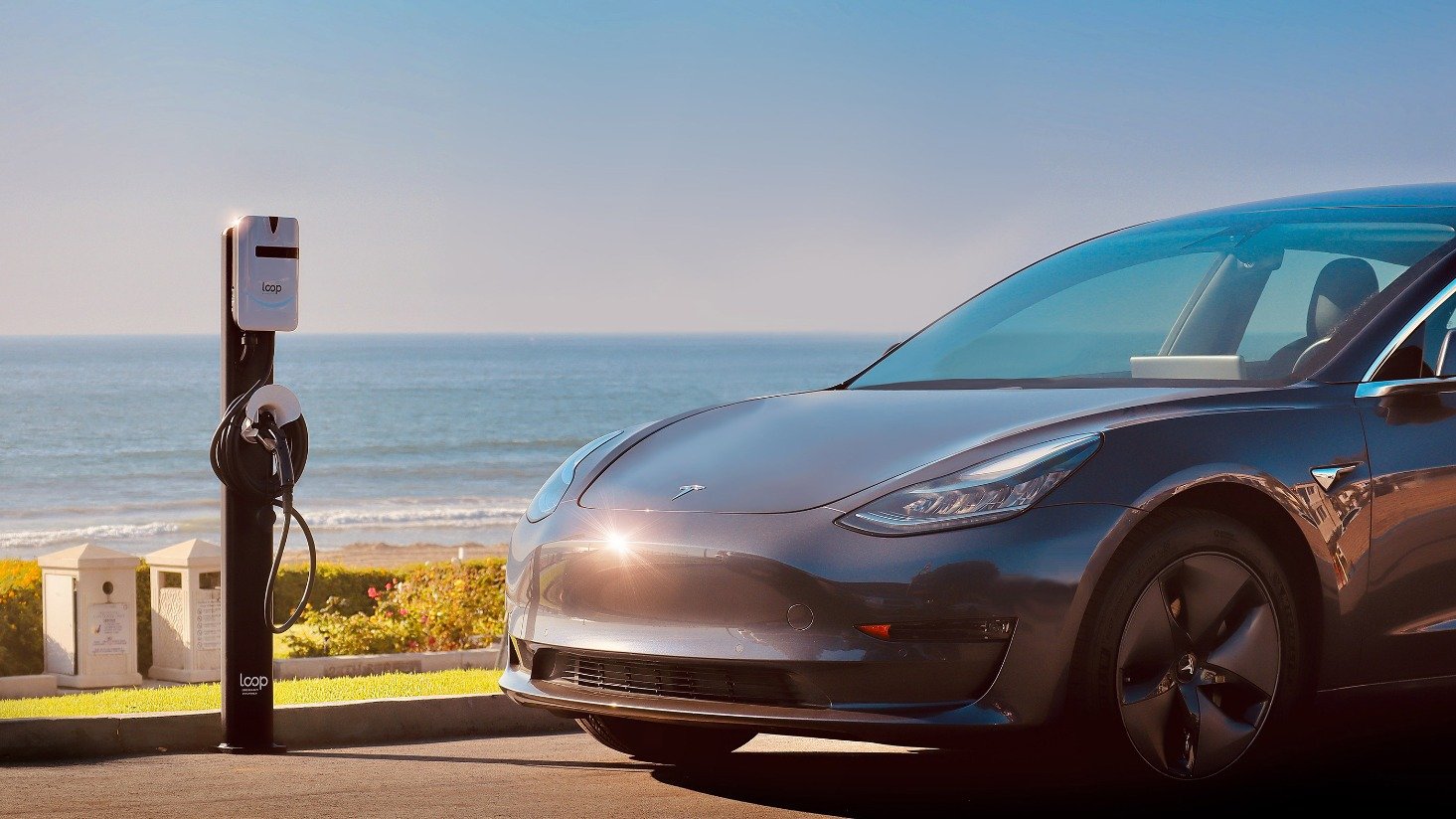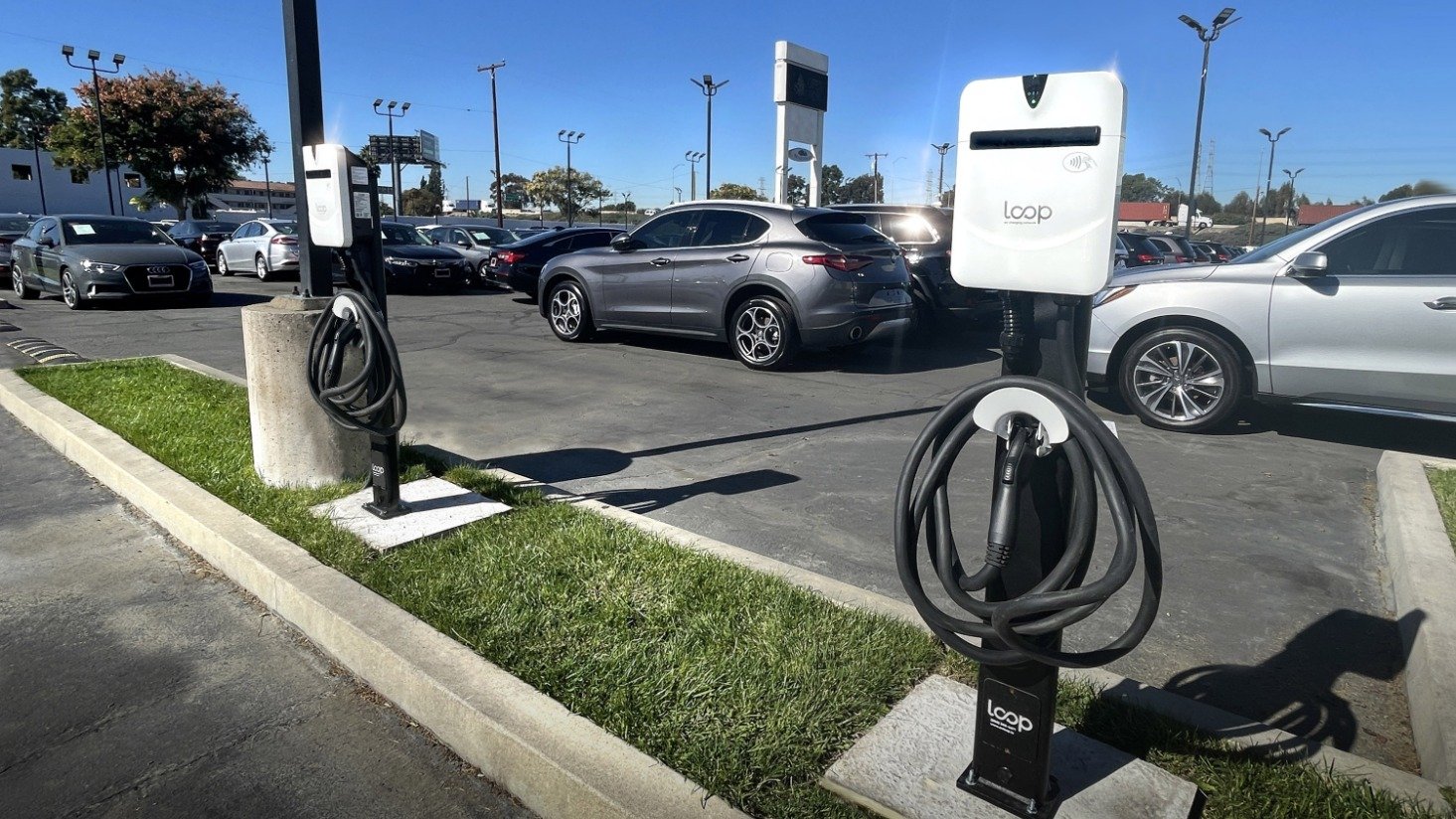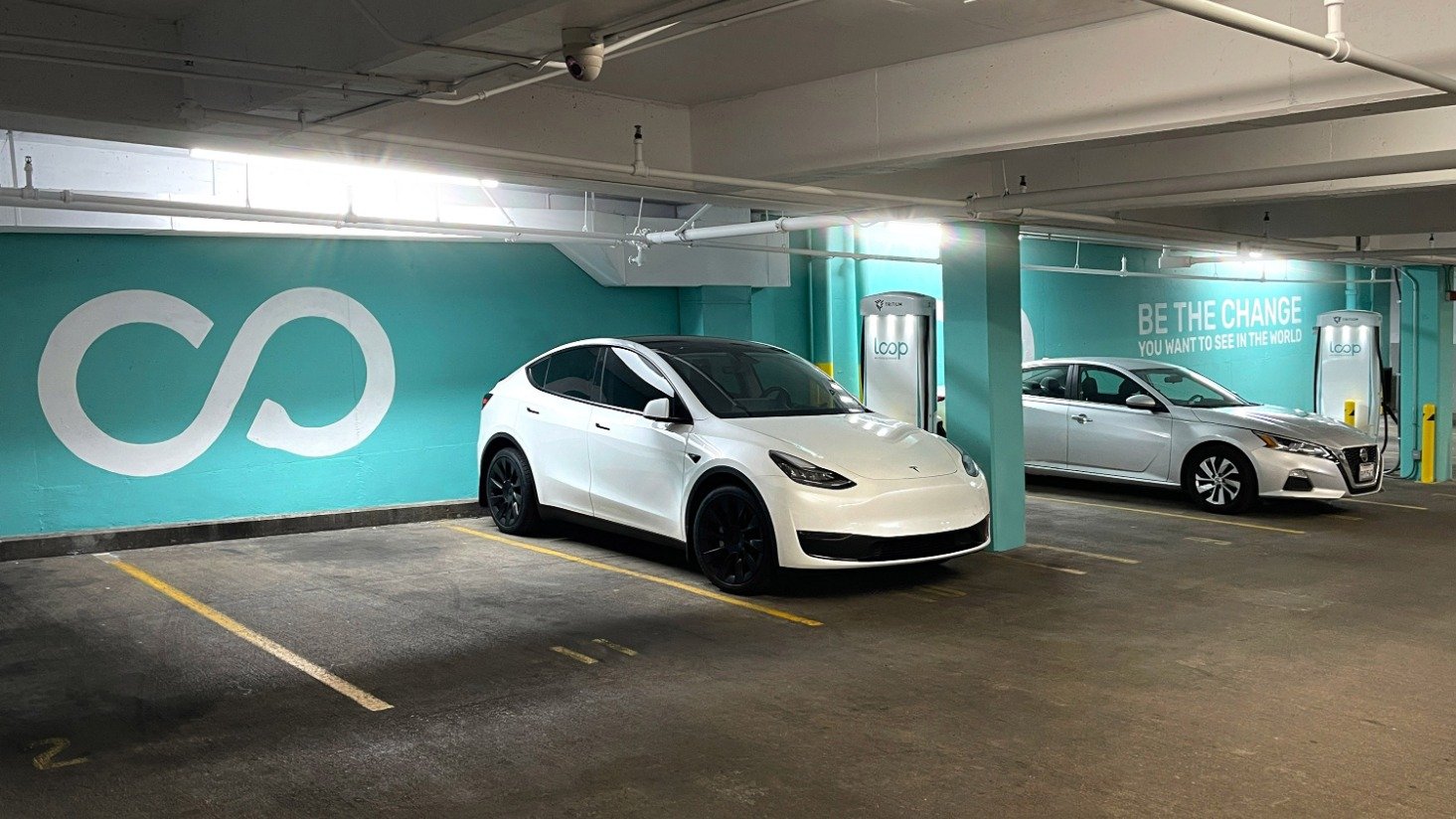EV Charger Rebates and Approved Product Lists
More details here - start with the intros
Americans bought one million fully electric vehicles in 2023, setting a new record. The interest in the EV market is there, but the lack of public chargers is one of the top reasons why consumers are hesitant to move forward. We get it — EV chargers are expensive and there are often several barriers keeping businesses from installing EV chargers, outside of large, national retail chains.
Enter: rebates. Rebates have emerged as a bridge to entice more businesses to install EV chargers. If only it were that simple. After you've checked out rebates in your area, you may have to search through approved products lists (APLs), also known as qualified product lists (QPLs), adding another layer of complexity.
In this article, we'll explain the best way to find rebates and how to make sure you're double checking approved product lists.
Finding rebates for EV chargers
74% of the country boasts a rebate for EV chargers, according to our friends at Briteswitch. That's a pretty healthy market, and chances are there are some rebates available in your area.
The incentives can be worth the effort, as well. To accelerate the installation of fast-charging unions, utilities are offering substantial financial support. The average rebate for Level 2 commercial chargers is $3,128 per charger. For DC Fast Chargers (DCFC), rebates soar to $24,379.
While the rebates themselves seem promising, the process to get the rebates is not very straightforward. About 20% of all commercial rebate programs have approved product lists and about 15% have approved network lists — another hurdle to jump over or face significant delays.
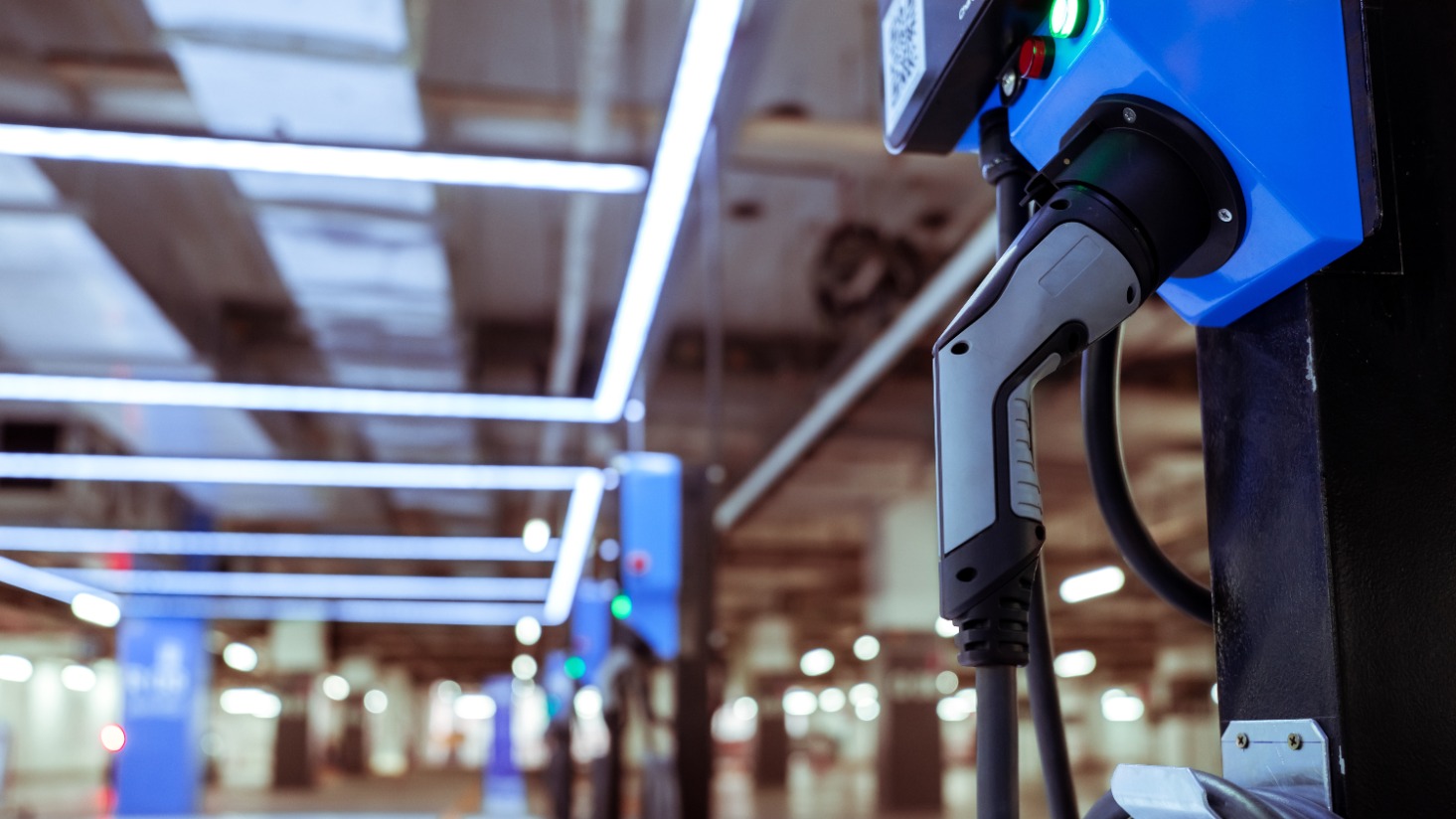 |
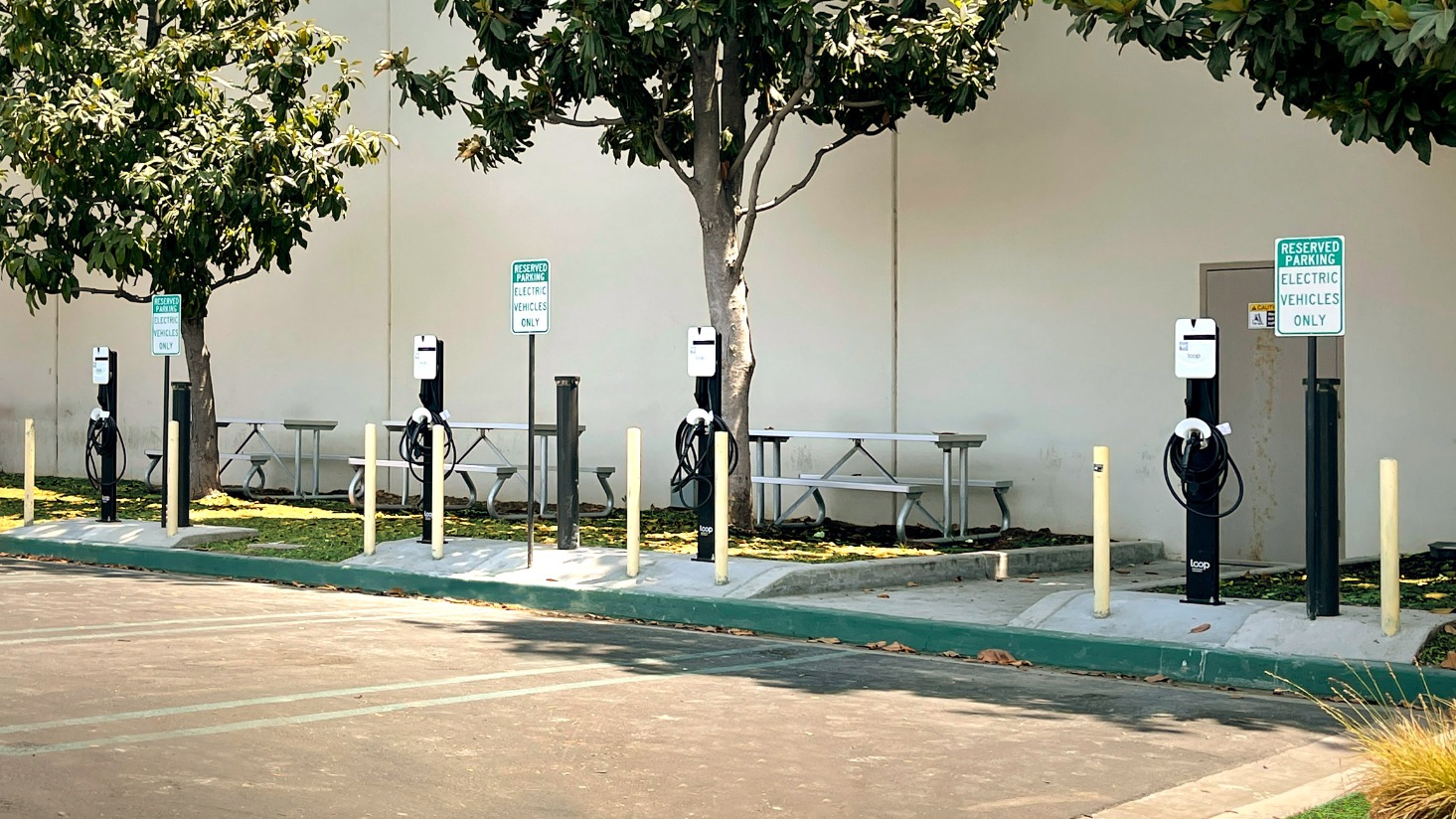 |
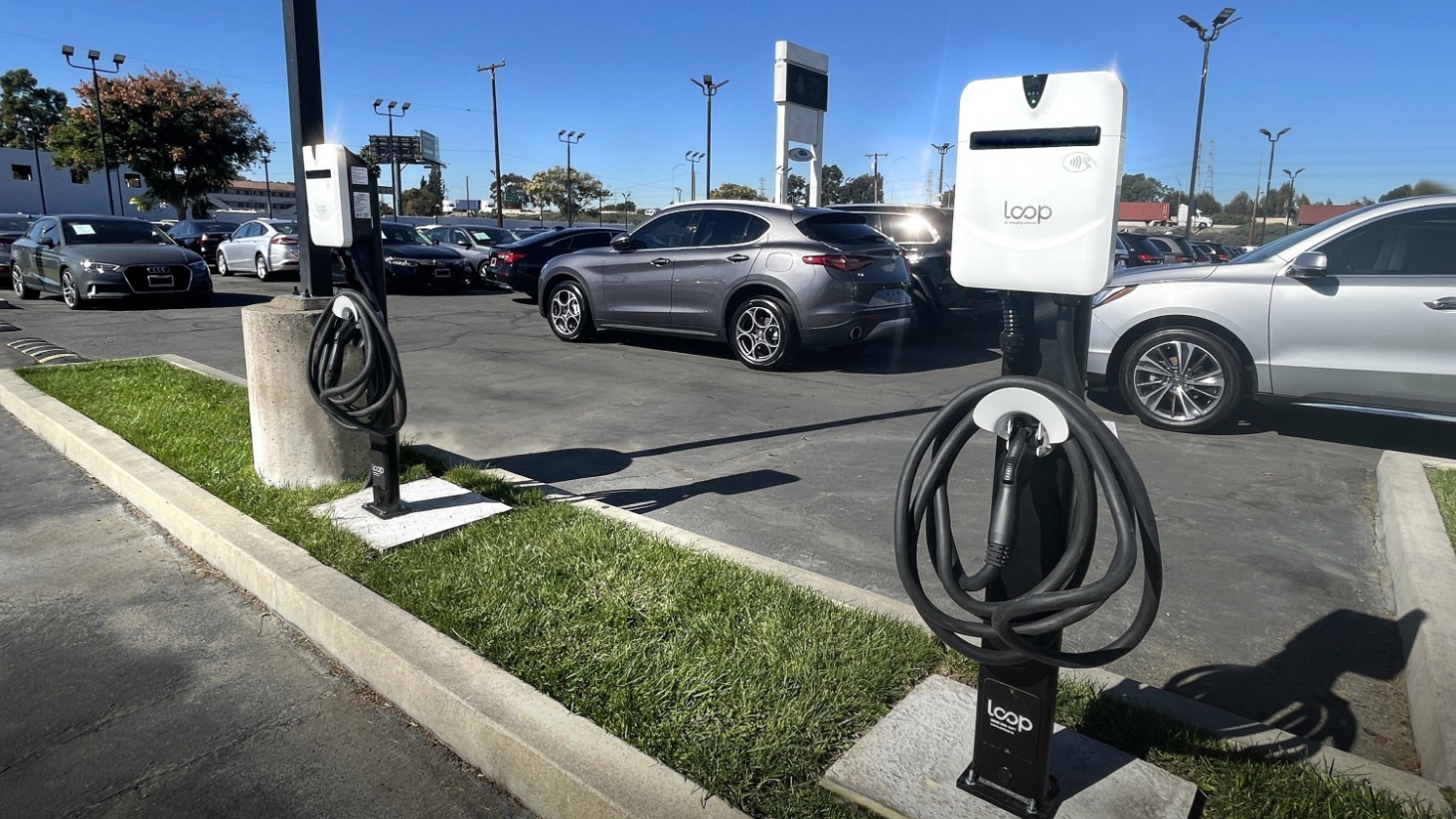 |
| Types of EV charger rebates | 3 common installation delays | EV charger installation costs |
Approved Product Lists (APLs) for EV chargers
An approved product list is exactly what it sounds like. An EV charger must be listed by the rebate program in order to receive incentives. If not, the project may not be approved for the rebate, which is the last thing you want when you're mid-way through an EV charger installation project.
For commercial rebates specifically, the process becomes even more complicated. The products and the network must both be on the approved product list. (In case you need to catch up, all commercial chargers must be connected to a network.)
One of the most common questions about approved product lists is why not follow ENERGY STAR recommendations? ENERGY STAR says if all EV chargers sold in the U.S. met its requirements, the savings in energy costs would grow to more than $17 million and 280 million pounds of greenhouse gas emissions would be avoided.
However, transparent reporting is more important to EV charger programs than energy savings. Utilities may have rebate components that require two-way communication with the charger, so not all ENERGY STAR products would meet the requirements.
Another obstacle is the jargon used in the programs. For those of you who have never sorted through rebates before, let alone EV charger rebates, the terms and expressions used can be overwhelming and confusing. Rebates and approved product lists are not the easiest to read.
As an example, you can check out this list of vetted EV charger products from the Electric Power Research Institute (EPRI). Their goal is to give detailed comparisons on various products, but it is easy to get lost in the details.
Even through all of the complexities, there are some generalities. While there are no universal guidelines for approved product lists, the well-known brands below are often accepted for incentives, but the lists of approved options are long and growing. For example, we've written about Loop EV chargers, and they are listed on EPRI's list and many rebate programs.
Level 2 – Commercial Chargers |
Level 3 / DCFC – Commercial Chargers |
Approved Networks |
| 1) ChargePoint 2) Enel X 3) Blink 4) Flo 5) BTC Power |
1) ChargePoint 2) ABB 3) Tritium 4) BTC Power 5) Tellus Power |
1) ChargePoint 2) Blink 3) EV Connect 4) Enel X 5) Flo |
Selecting EV charger rebate programs
If you're interested in finding EV charger rebates, but need some guidance or support, we're here to help.
Similar to lighting rebates, EV charger rebates require cumbersome paperwork — and our team of experts has spent decades sorting through lighting rebates to help our customers find the best option, then make sure the rebate is filed properly.
With the EV market rapidly growing, we're now here to help with EV charger projects from start to finish. If you're interested in installing EV chargers, let us know.
*Thanks to our friends at BriteSwitch for much of the research for this resource.
